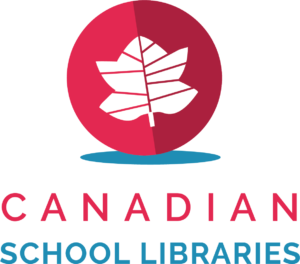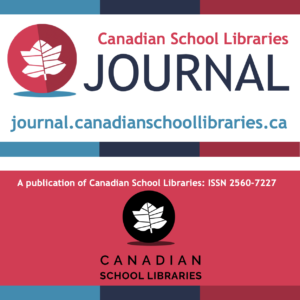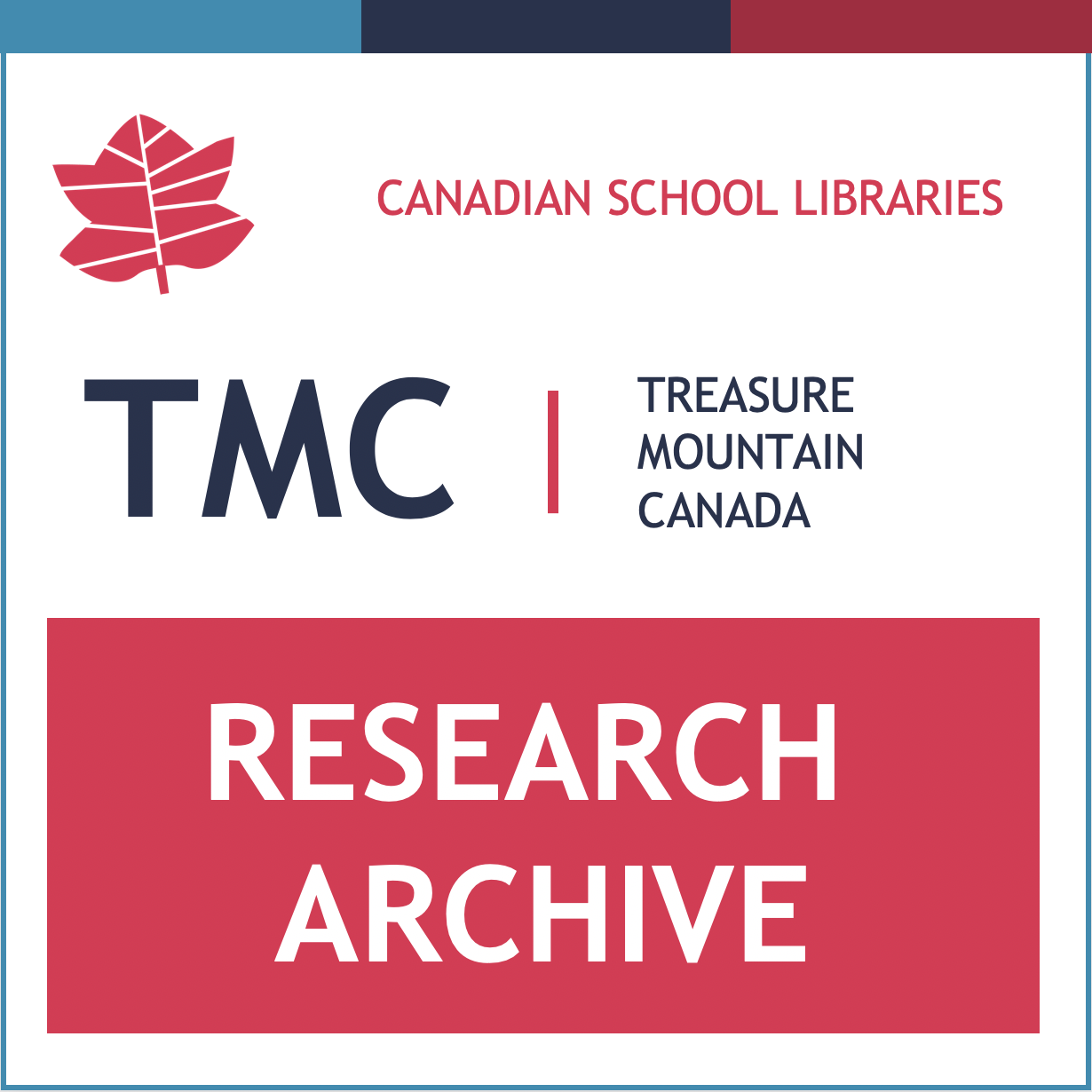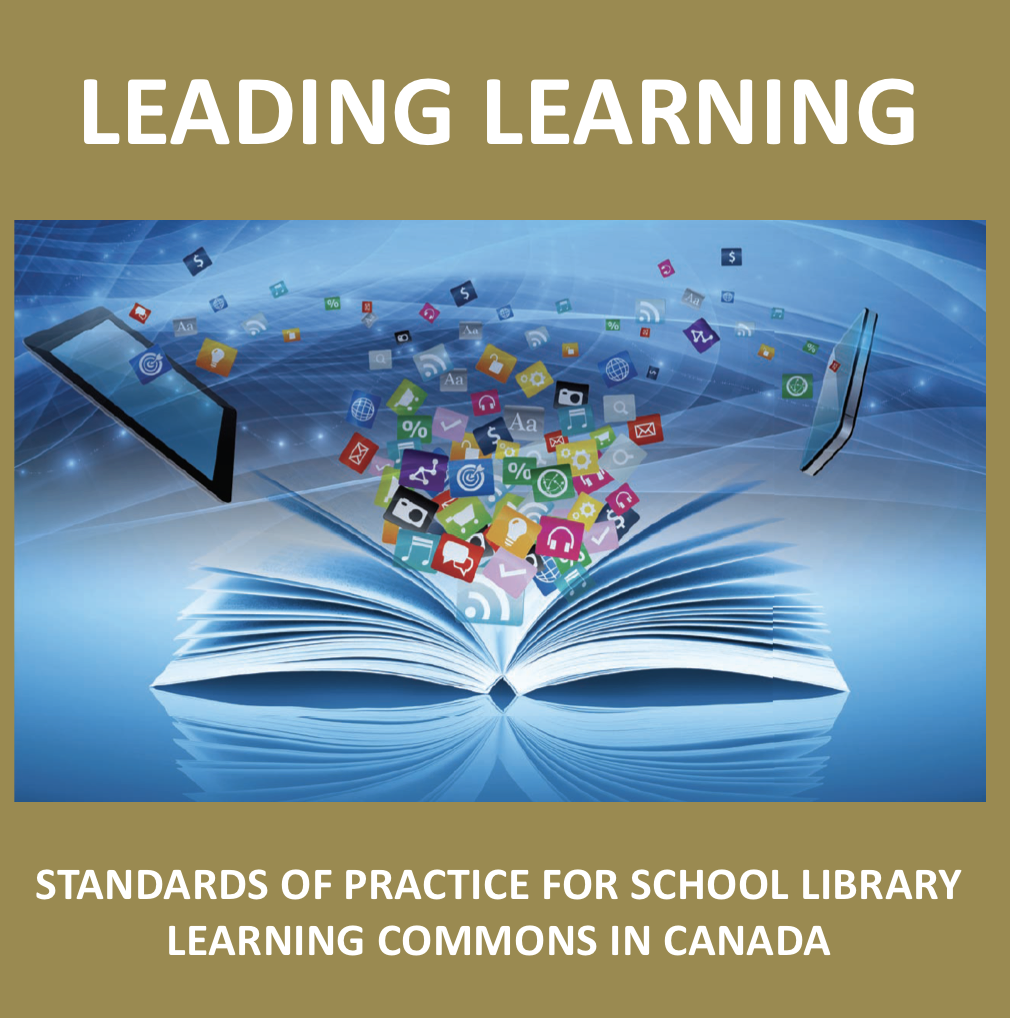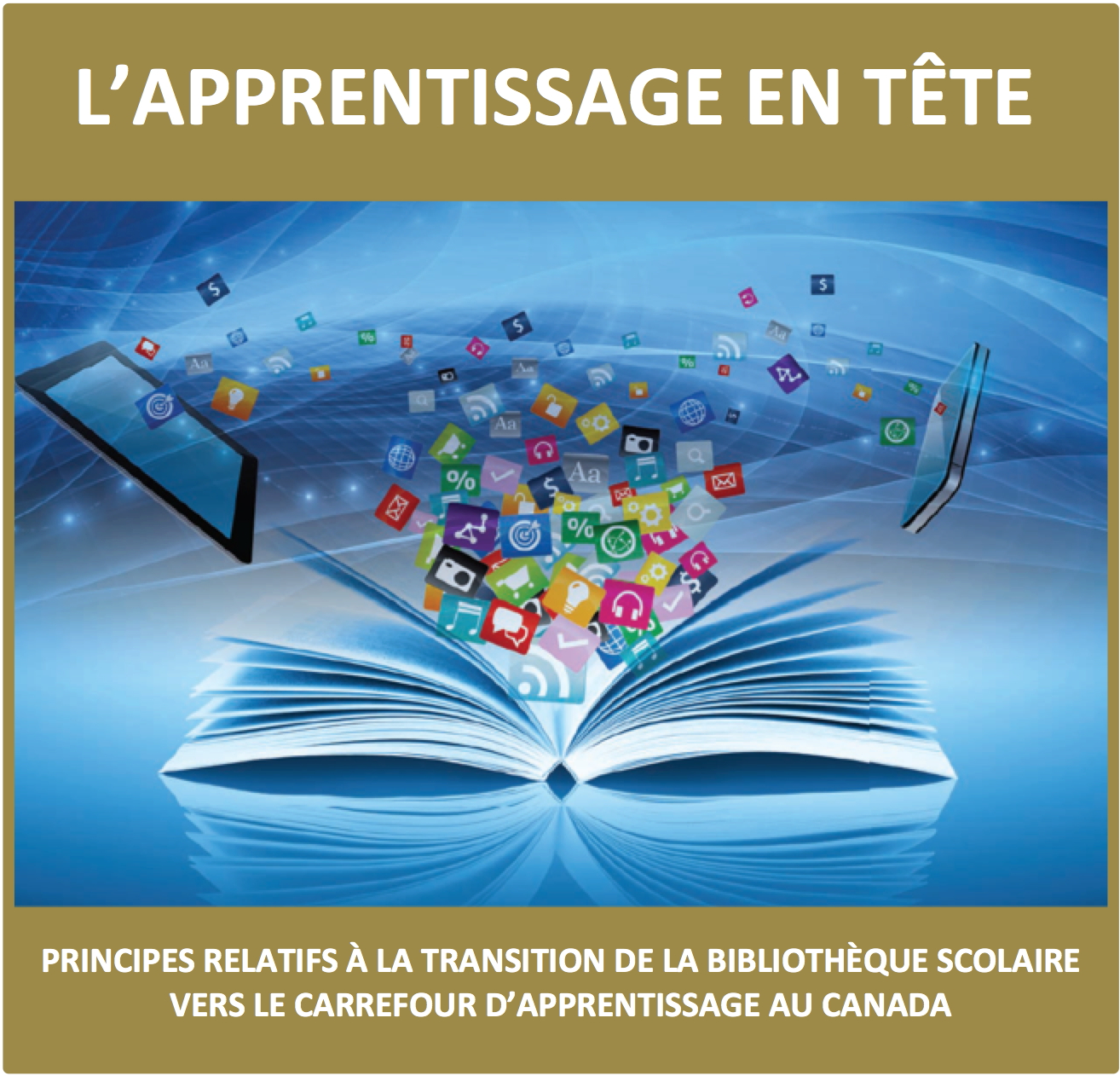I prepared this Pecha Kucha for a conference last year, and to make a long story short, did not get to present it. So I made lemonade out of that lemon, re-invented it as a video and posted it on YouTube. The response has been amazing, and in the end it has reached far more people.
Today I finally get to try it live, in front of an audience, at our amazing WRDSB technology unconference, CATC by the Water. The current live version has morphed slightly from the YouTube version. Nevertheless, I invite you to Imagine Your Library with the YouTube video and/or by reading the current version of the transcript, posted below.
Imagine Your Library
When you hear the word “library”, what do you imagine?
Do you imagine the library of your childhood? Perhaps you have fond memories of weekly visits and story times. Perhaps you remember your “library anxiety” when reaching the deadline for an assignment. Or perhaps your imagination goes directly to the shushy bunhead stereotype that pervades our culture.
Or do you even imagine the library at all? When asked what they need from a library, many people might describe the perfect nineteenth century institution. But imagination is about possibilities, not stereotypes. What the library is for you is determined by how you imagine it could or should be.
One thing is for sure, the notion of the library is not static. The library is an idealistic and ambitious dream to fulfill the needs of the society it serves. What is constant are the strong foundational beliefs that drive libraries. Libraries are about equity. They are about learning. They are about satisfying and fueling curiosity. They are about individual choice. They are about intellectual freedom.
Libraries are about imagination. Imagine the value your library can add to a school that is focused on inquiry and critical thinking. Imagine the context your library, built on its foundation of equity and intellectual freedom, can bring to a world fueled by information and by technology.
Libraries believe that information should be free. When it’s not, we collect it for you so that you can have it for free. Libraries select and curate information for their community. Libraries scaffold the experience for synthesizing and making sense of the tsunami of information in today’s world. What the library really collects is ideas.
Imagine readers empowered by making choices driven by interest, not level. “When students are encouraged to pursue their own interests and passions and are free to choose from a rich collection within an inviting environment, they are motivated to read and their reading and depth of understanding improve.” (Together for Learning, OSLA 2010)
Libraries understand that reading is more than text on the printed page. Readers today experience text in multiple formats and interpret ideas from many media. A book is just a container. Libraries specialize in shifting containers and realizing the potential of new literacies.
Your students deserve to see themselves in what they read. Your library collection should reflect the diversity of your school community and of the world. For a library should also be an invitation to broader life experiences.
You are educators who by your mere presence here show that you value inquiry and collaborative knowledge-building. Imagine a classroom rich in information, fueled by technology, with flexible space for collaborative learning. Imagine your library as a resource-rich and experimental learning and teaching space – a value-added extension of your classroom.
You are educators who by your mere presence here show that you understand that technology is transforming learning. Libraries, information and technology are joined at the hip. And technology has huge potential for helping make sense of the information to knowledge journey.
If you want us to circulate books to students then yes, we do that. If you want us to gather resources for you to enrich your classroom experience, then we can do that too. If you want us to help match readers to just the right book, then we are especially good at that. But if that’s all you want from us, you and your students will have missed out on so many possibilities.
Because the truth is that just as has happened so many times over history, libraries have been very busy over the past decade re-imagining ourselves. And we know that we can do great things, and that our time is now. Our vision in Ontario today is for a library that is an integral part of the school’s learning culture, that adds value through the unique opportunities the library program can offer. And that vision is eloquently expressed in our new guideline document, Together for Learning: School Libraries and the Emergence of the Learning Commons.
Inquiry is at the centre of learning, and research fuels sense-making. But research is a complex, iterative process fueled by excitement and anxiety. Together for Learning’s guided inquiry model scaffolds the process and connects it to technologies to empower learning.
Together for Learning connects to what all educators in Ontario understand about learning. The Ontario school library research model has always been about the learning process. The guided inquiry model closely mirrors the learning cycle process, where meaningful assessment and feedback along the way empower understanding.
If you imagine the library as a book storage facility – a place to visit and then leave, I invite you to re-imagine the potential for learning within a space that offers such a different experience, where learning is driven by interest, choice and questioning.
If you only imagine the library as a physical space, I invite you to imagine your library space online. Like the physical library, your library online offers rich collections, resources to scaffold learning, and authentic, collaborative learning spaces for readers and researchers.
If you imagine that the function of the library is to serve up information then you are only partway there. The library experience has so much more potential for fueling the information to knowledge journey. Libraries are about developing critical skills. The library program is about learning to learn.
Henry Ford said, “If I’d asked them what they wanted, they’d have said faster horses.” His imagination, offering solutions driven by opportunities, not responding to expressed needs, changed the world. He imagined the potential to improve people’s lives in ways that they had not even thought of. We can imagine the library together. We want to be a part of the dreams you have for your students. And who knows? Perhaps we can help you get there in ways that you’ve never before imagined. Let’s imagine OUR library, together for learning.





